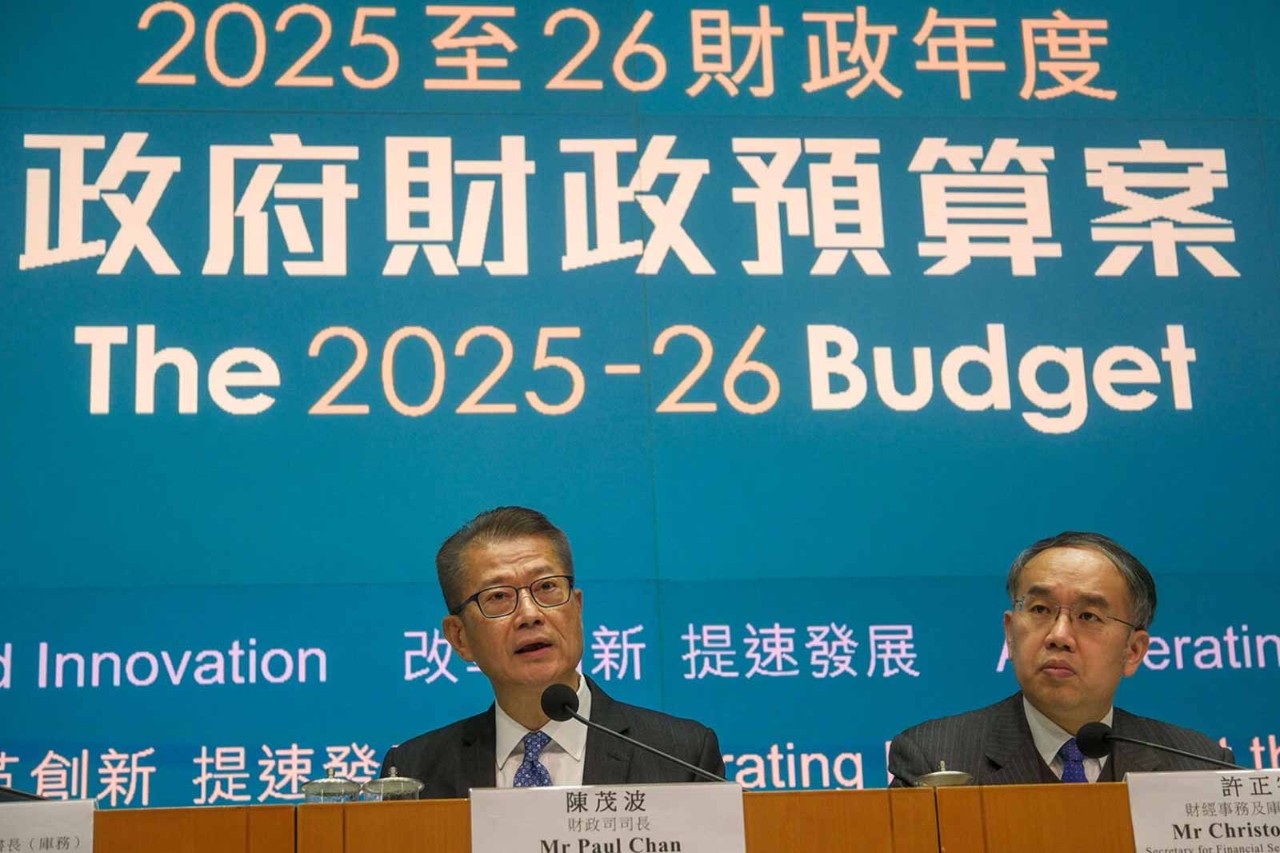
In his Budget speech in February, Singapore’s prime minister and minister for finance, Lawrence Wong, unveiled a series of tax measures designed to bolster businesses in key sectors. The initiatives are intended to help businesses navigate the evolving competitive landscape, foster technology and innovation, develop a robust enterprise ecosystem, attract investment and enhance Singapore’s competitiveness.
To further support businesses, a corporate income tax rebate of 50% will be granted for the year of assessment (YA) 2025 to support companies’ cashflow needs. Every active company that had at least one local employee in 2024 will receive a minimum benefit of S$2,000, capped at S$40,000. The Budget also introduces modifications to several existing tax schemes.
Existing schemes
The 200% tax deduction on qualifying market expansion and investment development expenses under the double tax deduction for internationalisation scheme has been extended to 31 December 2030, supporting businesses in their international expansion.
The M&A scheme for qualifying acquisitions will be extended to 31 December 2030
The mergers and acquisitions (M&A) scheme for qualifying acquisitions will be extended to 31 December 2030, so companies continue to have support for M&A-based growth. This scheme allows a company to claim an M&A allowance based on 25% of all qualifying acquisition value (capped at S$40m) per YA, along with a 200% tax deduction on transaction costs (capped at S$100,000) per YA.
The land intensification allowance scheme will be extended to 31 December 2030, with a lower shareholding requirement (from at least 75% to more than 50%) for related building users, effective for applications made from 1 January 2026.
Tax concessions for real estate investment trusts listed on the Singapore Exchange (S-REITs) will be extended to 31 December 2030, with expanded scope of qualifying foreign-sourced income, relaxed requirement for S-REIT wholly owned companies, more qualifying modes of remittance and additional tax deduction allowed for Singapore subtrusts.
Tax concessions under the maritime sector incentive will be extended until 31 December 2031, with expanded scope of prescribed ship management services, offshore renewable energy activities, ships used, qualifying assets and shipping-related support services. These changes will take effect from 19 February 2025.
Corporate gains from the sale of ordinary shares will remain non-taxable
The insurance business development and captive insurance schemes are extended to 31 December 2030. A concessionary tax rate of 15% in addition to the existing 10% tier will be introduced for all insurance business development schemes from 19 February 2025.
An additional concessionary tax rate of 15% (on top of the 10% and 13.5% tiers) will be introduced for the financial sector incentive’s standard tier, trustee company and headquarter services schemes, effective from 19 February 2025.
The withholding tax rate of 10% will be extended till 31 December 2030 for qualifying distributions by S-REIT exchange-traded funds, while the sunset date of 31 December 2025 will be removed for tax transparency in the hands of the trustee on qualifying S-REIT distributions.
The withholding tax exemption for container lease payments made to non-tax-resident lessors under operating lease and finance lease agreements for maritime sector incentive recipients will be extended to arrangements entered into on or before 31 December 2031.
Section 13W of the Singapore Income Tax Act 1947 provides upfront certainty of non-taxation of company gains from disposal of ordinary shares. The sunset date of 31 December 2027 will be removed, scope of qualifying disposal gains will be broadened to include gains from preference share disposals, and the shareholding threshold can be assessed on a group basis. These changes will take effective for disposal gains derived on or after 1 January 2026.
The exemption of qualifying foreign-sourced income from qualifying offshore infrastructure projects and assets received by approved entities listed on the Singapore Exchange will be extended until 31 December 2030.
Corporate income tax rebates for new listings have been introduced
Tax incentives
Effective from YA 2026, companies will be allowed to claim a tax deduction on payments to holding companies or special purpose vehicles for the issuance of new shares of the holding company under employee equity-based remuneration schemes.
Effective from 19 February 2025, a 100% tax deduction will be introduced for payments made under an approved cost-sharing agreement for innovation activities, and withholding tax exemptions on interest and related payments will be provided for qualifying arrangements related to ship and container financing under the approved shipping financing arrangement award.
Equities market incentives will provide corporate income tax rebates for new corporate listings, an enhanced concessionary tax rate of 5% for new fund manager listings, and tax exemption on fund managers’ qualifying income from investments in Singapore-listed equities.
Lapsing of schemes
Exemption of qualifying income from qualifying project debt securities, venture capital fund incentive and venture capital fund management incentive will lapse after 31 December 2025.
Withholding tax concessions for non-tax-resident arbitrators and mediators will lapse after 31 December 2027.
These changes reflect Singapore’s commitment to adapting its tax policies to ensure fairness, improve progressivity, and support economic development.



